June 2024 Special events
STRI special events, June 2024
BCI 100, Book giveaway during visit to Bocas Station, School vacations at Punta Culebra and more
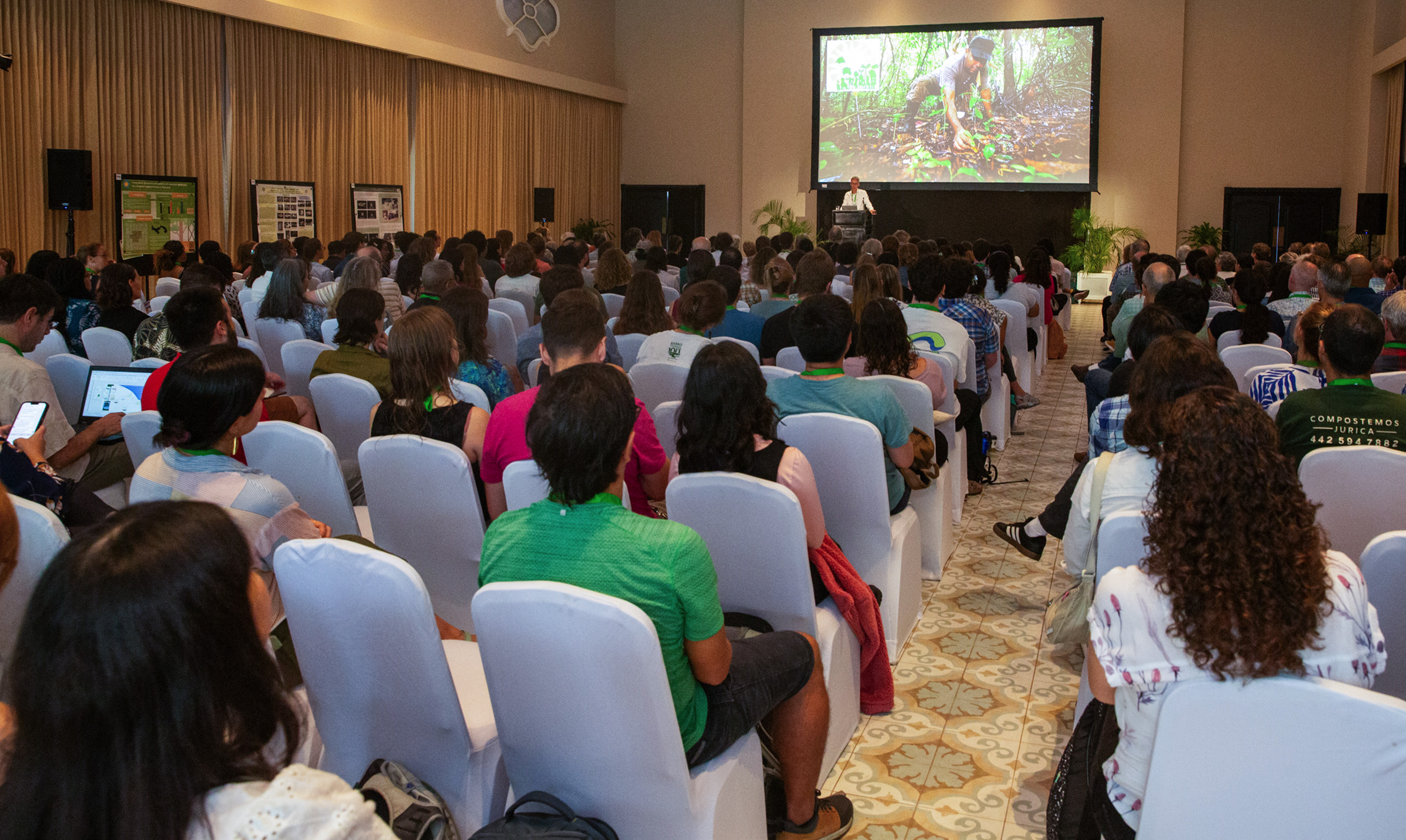 brown
brownSpecial
Events
STRI special events, June 2024
BCI 100, Book giveaway during visit to Bocas Station, School vacations at Punta Culebra and more
 brown
brownSpecial
Events
Archaeologists learn how to piece together the past
For six days, archeology technician Aureliano Valencia led a workshop on how to reconstruct pre-Columbian ceramics.
Story by Olivia Milloway
Anthropology Archaeology CTPA brown
Nicole Smith-Guzmán
brown
Nicole Smith-GuzmánCeramic
puzzles
STRI-McGill field course weaves together natural history, social science, tropical ecology, and cultural exchange
Six Latin American students received funding to join the Neotropical Environment Option (NEO) course through the new Social-Ecological Field Science Fellowship
Barro Colorado, Gamboa, Galeta, Coibita, Canopy Cranes
Conservation Biology Ecosystem Services Sociology Biodiversity Ecology Fisheries and Marine Conservation Forest Ecology Natural History Sustaining a Biodiverse Planet Barro Colorado Gamboa Punta Galeta Coibita Island Canopy Access Cranes brown
Owen McMillan
brown
Owen McMillan
Following the swarm: Ant-following birds from a research and science communication perspective
Discover the captivating world of ant-following birds in our upcoming talk!
Animal Behavior Evolutionary Biology Zoology Chemical Ecology Entomology Natural History Connections in nature: Plants, Animals, Microbes and Environments Gamboa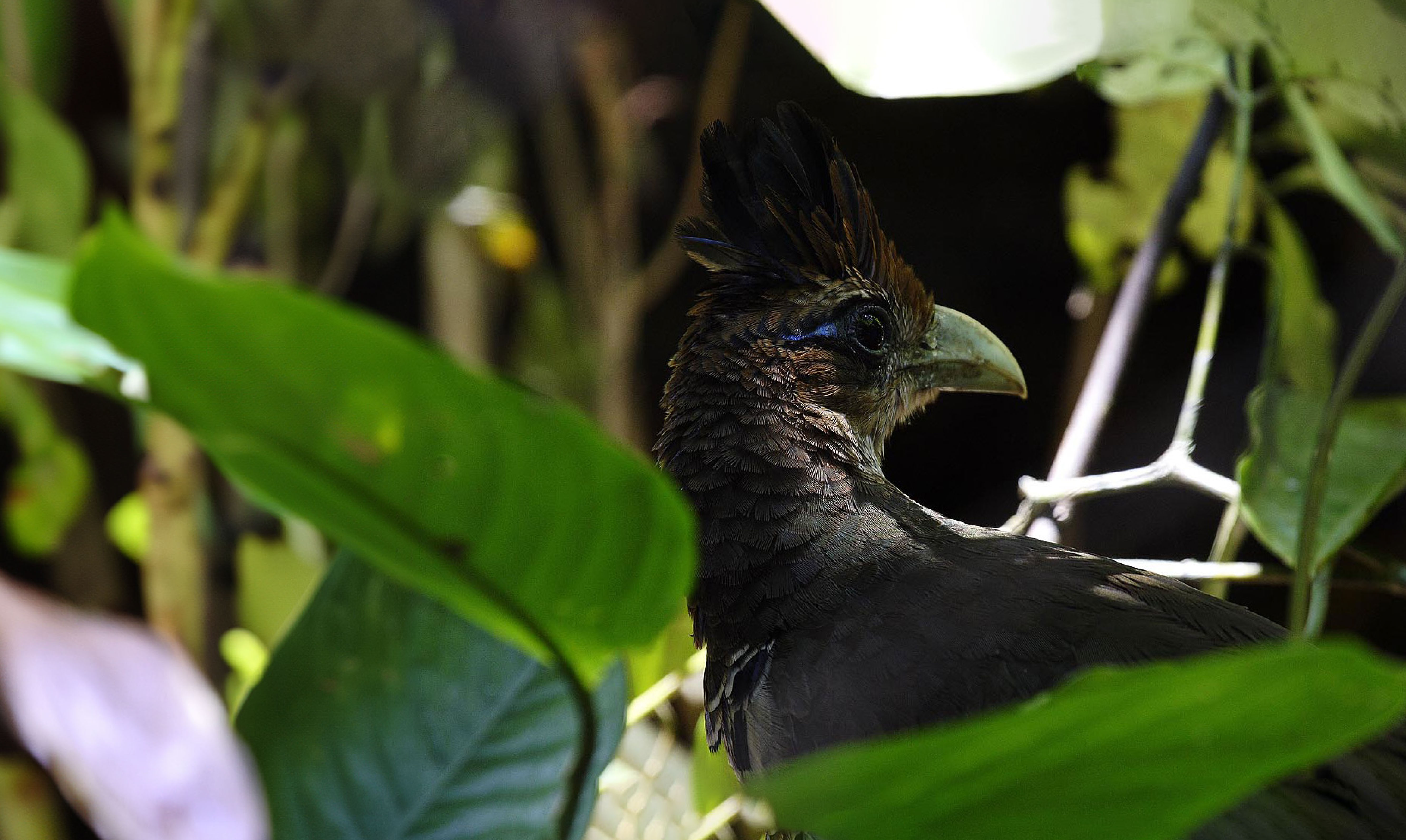 brown
brown
An extinct mangrove forest discovered on Panama’s Barro Colorado Island
A volcanic eruption 22 million years ago triggered a sediment flow that preserved a mangrove forest around what is now Barro Colorado Island, providing a better glimpse of the vegetation that existed in a highly changing area.
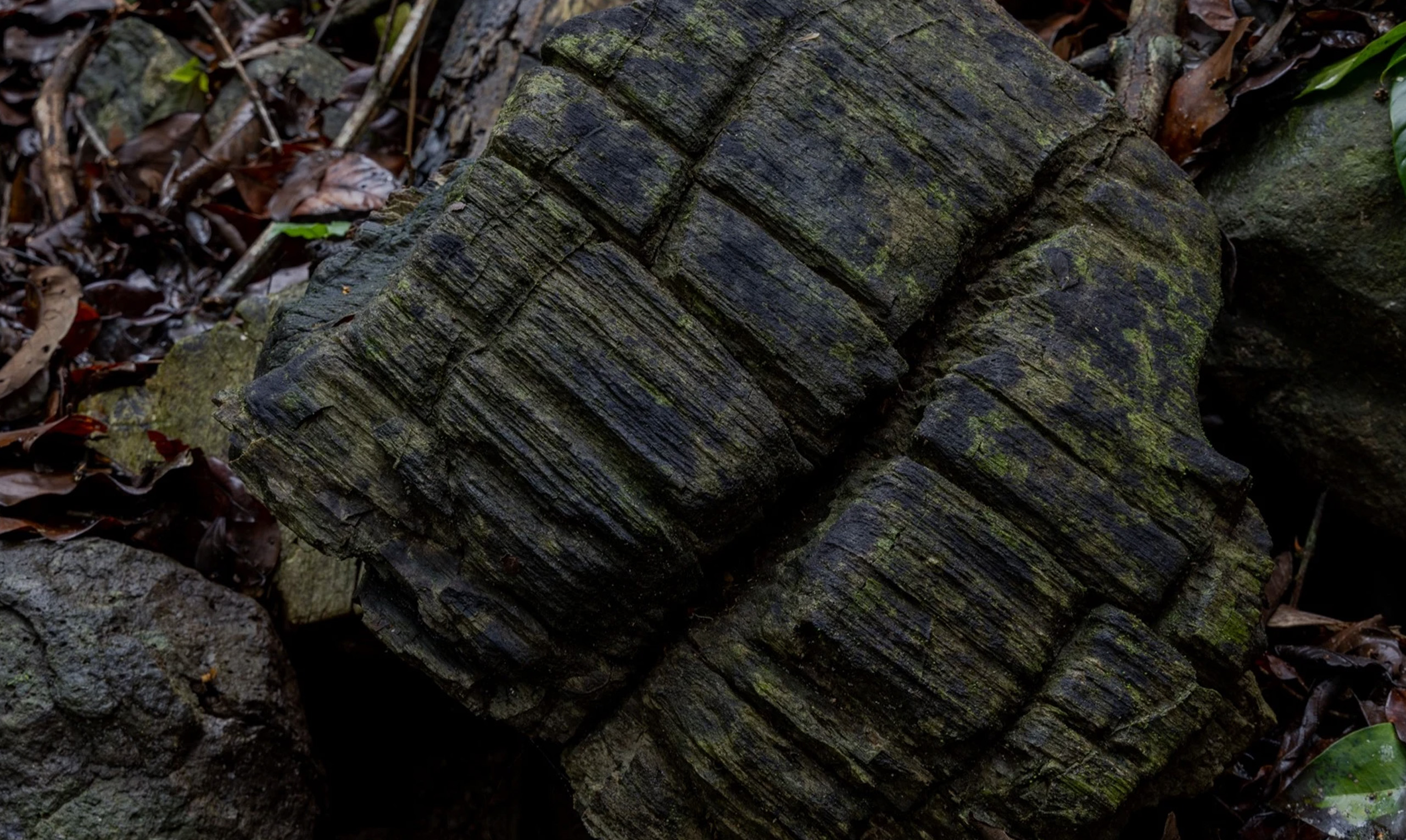
Barro Colorado
Paleontology and Paleobiology Natural History Evolutionary Ecology Biodiversity Ecosystem Ecology Global Change Life in Deep Time Barro Colorado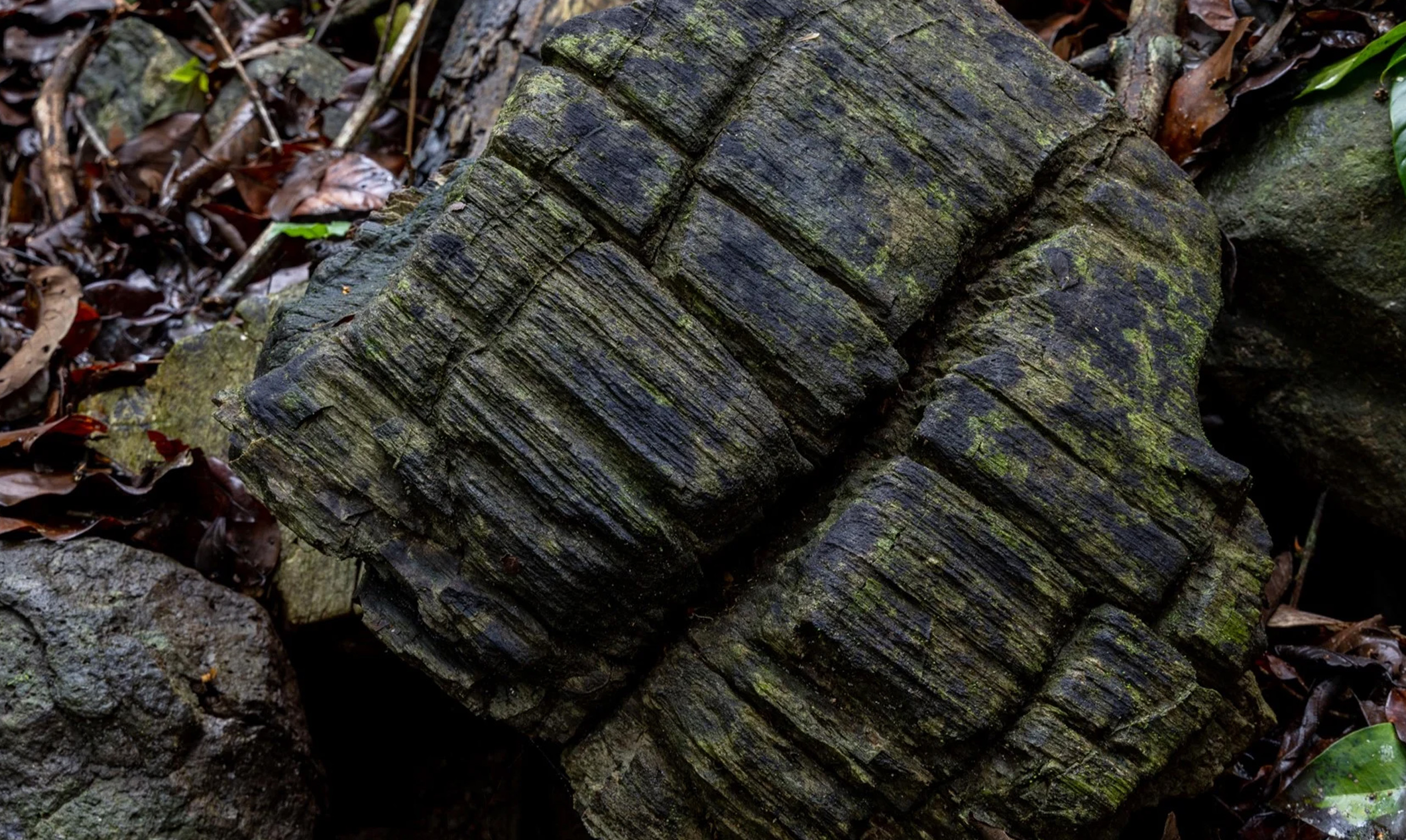 brown
Carlos Jaramillo
brown
Carlos JaramilloForest
unearthed
Remembering Entomologist
Henry P. Stockwell
Elizabeth (Liz) Stockwell sent this obituary of her father, STRI research associate, Henry Stockwell, in May, 2023. We published a brief mention at the time and include the entire text here.
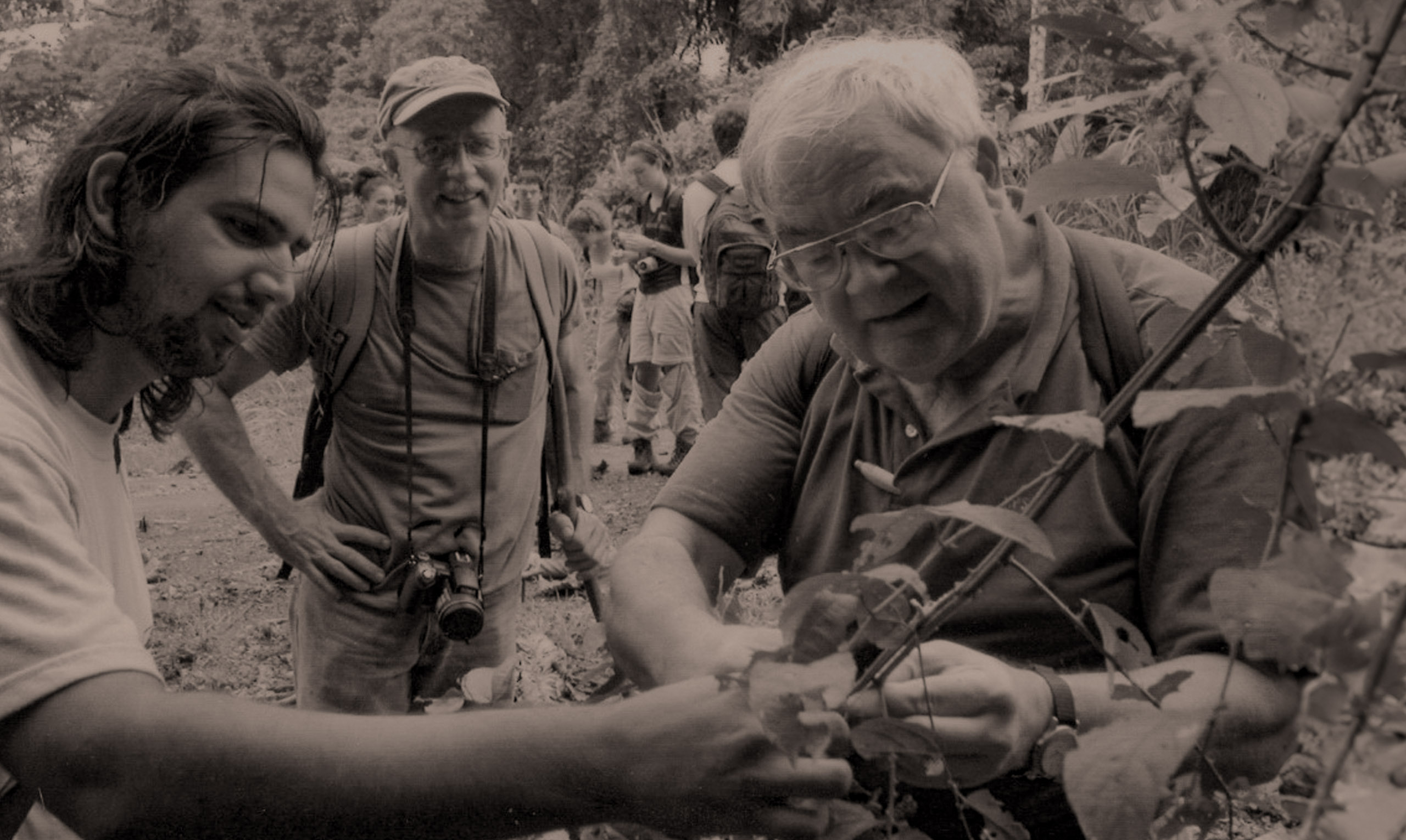 Entomology Taxonomy Natural History
Entomology Taxonomy Natural History Biodiversity
Connections in nature: Plants, Animals, Microbes and Environments
Earl S. Tupper
Entomology Taxonomy Natural History
Entomology Taxonomy Natural History Biodiversity
Connections in nature: Plants, Animals, Microbes and Environments
Earl S. Tupper
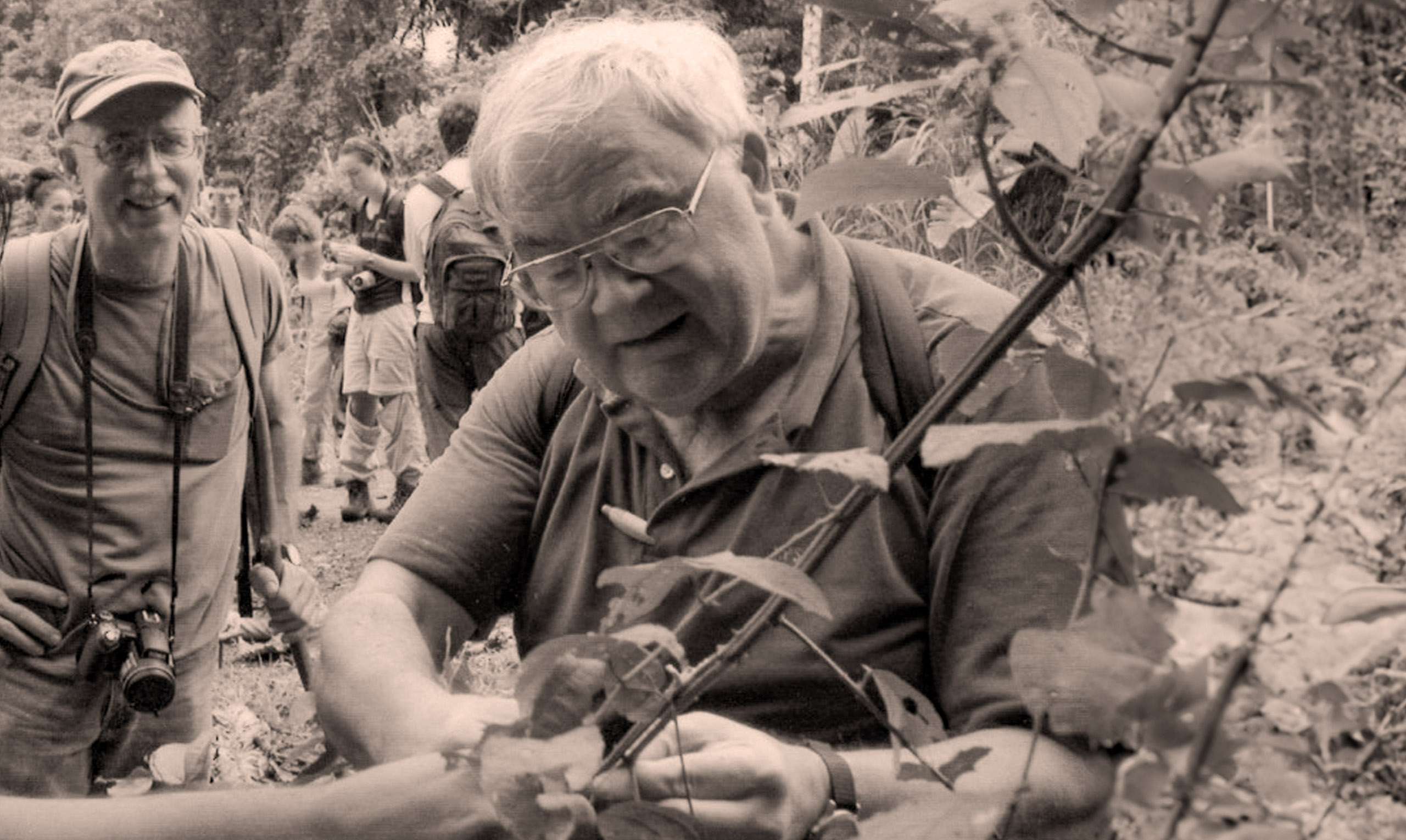 brown
Annette Aiello
brown
Annette Aiello
STRI special events,
August 2023
Bird Friendly Coffee, Book Fair 2023, Congratulations to David Roubik, Golden Frog Festival 2023, Plankton Workshop and more.
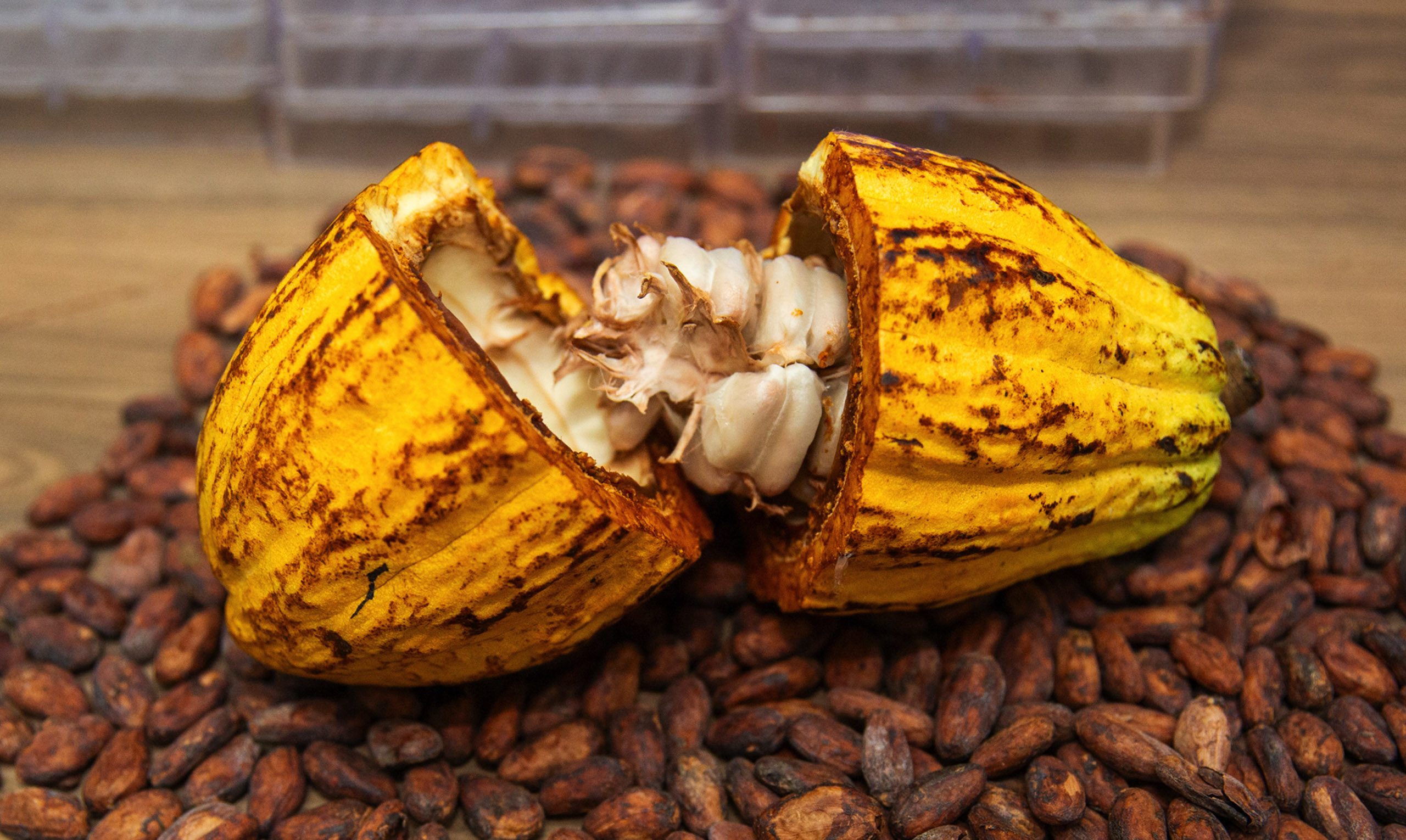 brown
brownSpecial
Events
A new underwater photo studio yields pixel-scale fish color pattern data
The first winner of the D. Ross Robertson Postdoctoral Fellowship for Field Studies on Neotropical Reef Fishes, Floriane Coulmance, tests a new, underwater camera system to study the connection between hamlet color patterns and genetics in fish from four countries around the Caribbean and Gulf of Mexico.
Panama
Evolutionary Biology Taxonomy Bioinformatics Biodiversity Marine Biology Origins of Species and Societies Bocas del Toro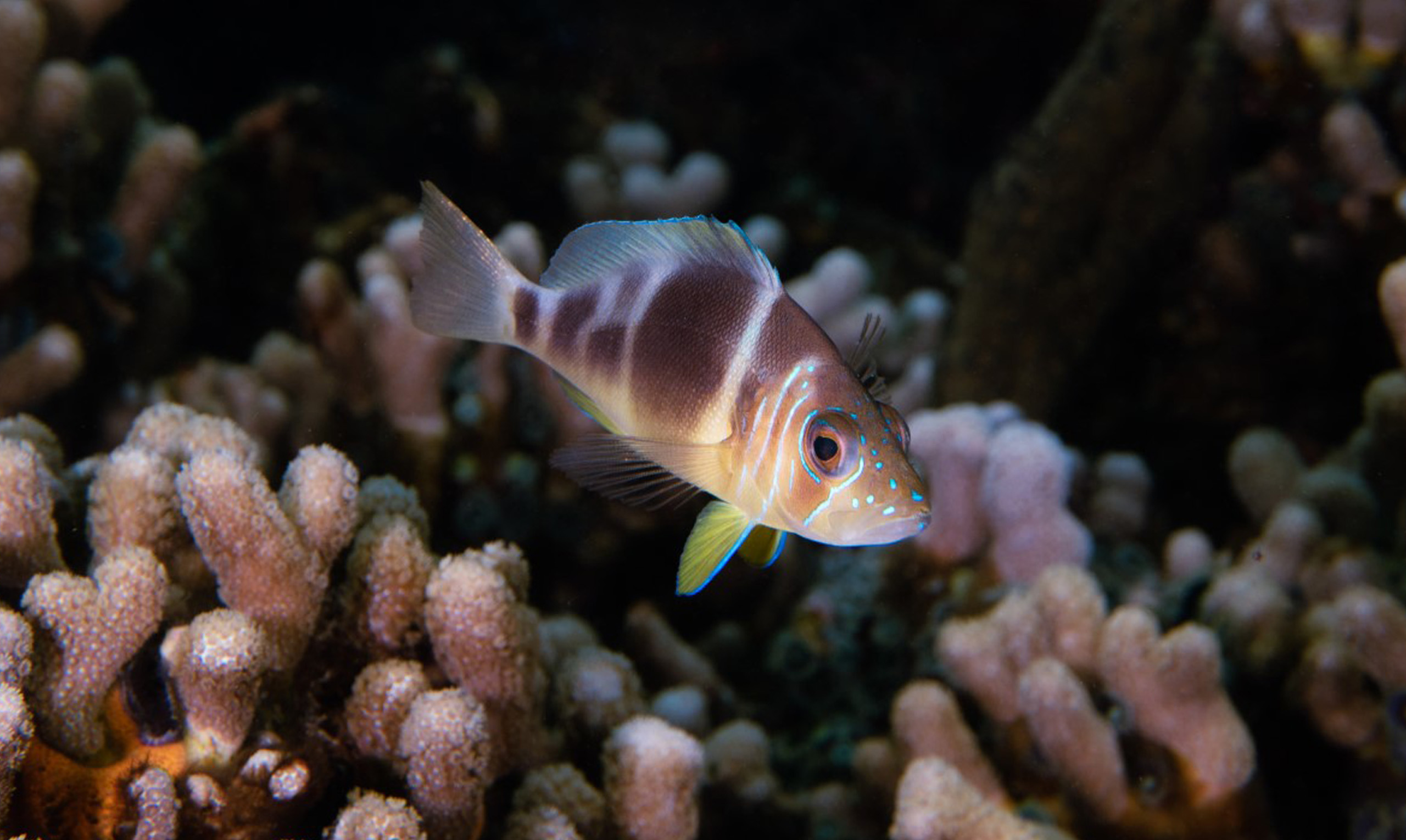 brown
D. Ross Robertson William Wcislo
brown
D. Ross Robertson William WcisloLiving
Color
Tropical landscapes are mosaics of diverse social and ecological systems. But the intensification of global change places these systems at risk. It is imperative that we develop knowledge and solutions to strengthen the resilience of these landscapes to meet the needs of their human and animal inhabitants. The Smithsonian Bird Friendly® certification and research program aspires to be one such solution.

My research seeks to optimize the conservation of birds and biodiversity in tropical working landscapes, especially coffee and cocoa growing regions of Latin America. I lead the Smithsonian Bird Friendly® program, which offers a gold standard certification for coffee and cocoa farms that conserve high quality habitat for wildlife. By studying how birds are impacted by farms and their surrounding landscapes, we can refine our certification and conservation strategy. Research in socioecological system requires interdisciplinary approaches, and we collaboratively study topics such as the economic and social drivers of conservation behaviors and the interactions between wildlife habitat, crop productivity, and human wellbeing.
Coffee and cocoa are unique crops because they can be cultivated under a canopy of shade trees. When farms retain diverse and native shade trees, they provide habitat for many species of birds and wildlife that would otherwise be excluded from the agricultural landscape. To become certified, a farm must demonstrate organic management, zero deforestation in the past ten years, and wildlife habitat conservation through retention of native shade trees or forest. Our research shows that farms that meet the Bird Friendly certification standard conserve up to four times as many birds as coffee and cocoa monocultures. Additionally, these farms provide numerous ecosystem services, such as pest control and soil nutrient replenishment, that improve the financial and ecological sustainability of the farm.
Landscapes in coffee and cocoa growing regions are shaped by the decision of hundreds or thousands of farmers, community members, and public and private organizations. Building a Bird Friendly landscape that supports biodiversity and human wellbeing requires local ecological knowledge and collaboration among the landscape’s many human stakeholders. Our program is working to build a Bird Friendly landscape standard that develops pathways for local communities to assess landscape sustainability and develop action plans to protect or rebuild critical forests and agroforestry systems. Our work draws heavily on the governance framework for OECMs, or Other Effective Area-based Conservation Measures, which was recognized by the IUCN World Commissions on Protected Areas in 2018.
The community of bird species using Bird Friendly farms depends in large part on the composition of the surrounding landscape, and many bird species depend on nearby forests for portions of their lifecycle. Our research shows that many groups of birds—especially forest specialists, frugivores, insectivores, and nectarivores—need forest habitat and landscapes with over 40% forest cover (in a 2km radius) to maintain their diversity. As forest cover decreases on the landscape, the complexity of vegetation in a habitat patch, such as a Bird Friendly farm, required to maintain these species increases.
One of our lines of research seeks to determine which tree species provide the most abundant food resources to birds in coffee growing landscapes. We call these “food hub trees.” Our preliminary results show that trees in the genus Inga provide disproportionate resources for insectivore birds throughout the year, while many diverse and often endemic fruit producing trees provide most of the food resources for the frugivore bird community. Because farmers face tradeoffs between coffee production and tree cover, we want to recommend a suite a shade tree species that will maximize the food availability to birds on coffee farms. We have thus far published shade-tree catalogs that promote these food hub trees for four regions of Colombia and Peru.
B.A. Pacific Lutheran University, 2006
M.S. Michigan Technological University, 2013
Ph.D., Cornell University, 2018.
Bennett, R. E., Sillett, T. S., Rice, R. A., & Marra, P. P. 2021. Impact of cocoa agricultural intensification on bird diversity and community composition. Conservation Biology. https://doi.org/10.1111/cobi.13779
Valente, J. J., Bennett, R. E., Gomez, C., Bayly, N. J., Rice, R. A., Marra, P. P., Ryder, T. B., Sillett, T. S. 2022. Land- sparing and land-sharing provide complementary benefits for conserving avian biodiversity in coffee agroforestry landscapes. https://doi.org/10.1016/j.biocon.2022.109568
Nicolas Gatti, Miguel I. Gomez, Ruth E. Bennett, T. Scott Sillett, Justine Bowe. 202. Eco-labels matter: Coffee consumers value agrochemical-free attributes over biodiversity conservation. Food Quality and Preference. Volume 98. https://doi.org/10.1016/j.foodqual.2021.104509
Bennett, R. E., Rodewald, A. D., & Rosenberg, K. V. 2019. Overlooked sexual segregation of habitats exposes female migratory landbirds to threats. Biological Conservation, 240. (IF=5.9) https://doi.org/10.1016/j.biocon.2019.108266
Bennett, R. E., Rodewald, A. D., Rosenberg, K. V., Chandler, R., Chavarria-Duriaux, L., Gerwin, J. A., & Larkin, J. L. 2019. Drivers of variation in migration behavior for a linked population of long-distance migratory passerine. The Auk, 136(4). https://doi.org/10.1093/auk/ukz051
Bennett, R. E., Leuenberger, W., Bosarreyes Leja, B. B., Sagone Cáceres, A., Johnson, K., & Larkin, J. 2019. Conservation of Neotropical migratory birds in tropical hardwood and oil palm plantations. PLOS ONE, 13(12). https://doi.org/10.1371/journal.pone.0210293
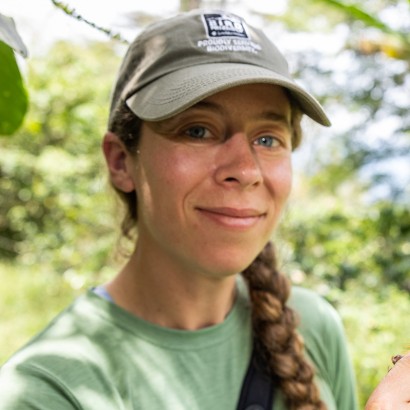
Getting to the roots: How does limiting rainfall affect tropical forest carbon storage?
An experiment preventing up to 70% of rain from reaching tropical forest soils aims to understand how important underground carbon stocks will respond to climate change.
Text by Leila Nilipour
Soil Science Forest Ecology Global Change Ecosystem Ecology Microbial Ecology Ecosystem Services Sustaining a Biodiverse Planet Barro Colorado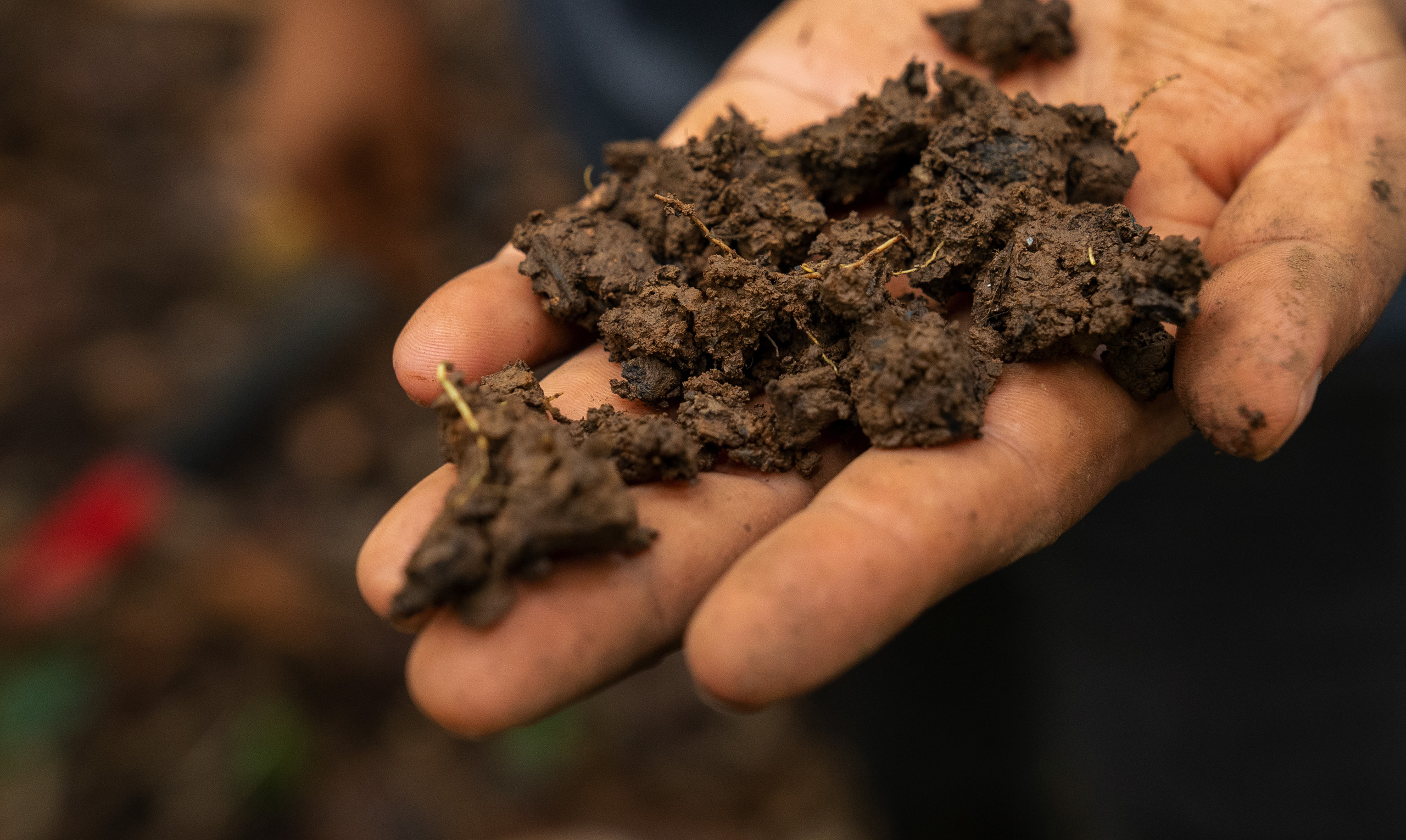 brown
S. Joseph Wright
brown
S. Joseph WrightChronic
drying